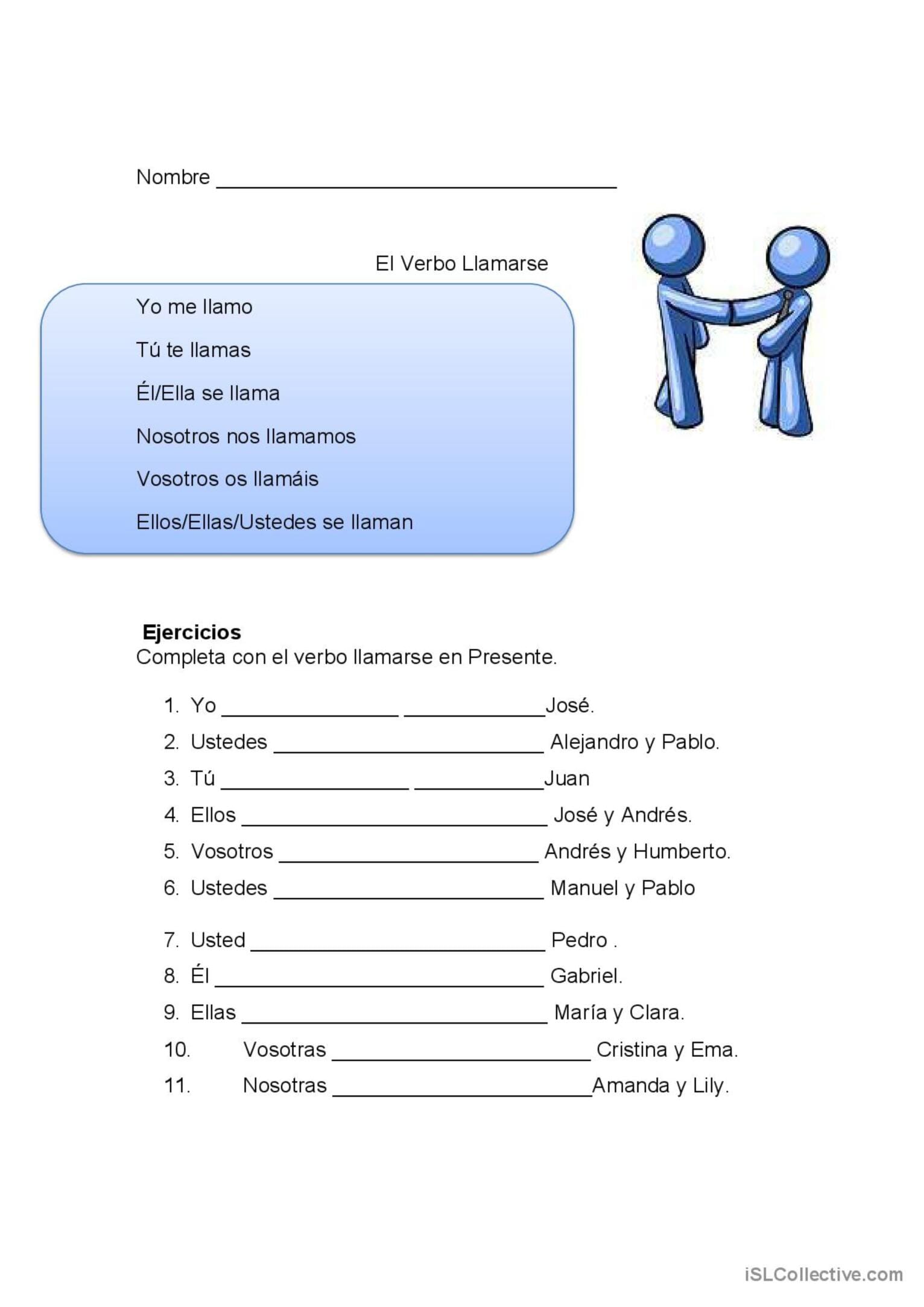Calling all Spanish enthusiasts! This comprehensive guide unlocks the secrets to mastering the Spanish verb “llamar” (to call). From casual conversations to formal settings, you’ll gain the confidence to express yourself effortlessly. Let’s dive in!
Why “Llamar” Matters
“Llamar” is a high-frequency verb in Spanish, essential for everyday communication. It’s used for phone calls, hailing taxis, and even naming things. Mastering its conjugation is key to fluency.
Essential “Llamar” Conjugations
“Llamar” is a regular -AR verb, which makes its conjugation relatively predictable. Here’s a breakdown of the most common tenses:
| Tense/Mood | I | You (singular informal) | He/She/You (formal) | We | You (plural informal) | They/You (plural formal) |
|---|---|---|---|---|---|---|
| Present Indicative | llamo | llamas | llama | llamamos | llamáis | llaman |
| Preterite Indicative | llamé | llamaste | llamó | llamamos | llamasteis | llamaron |
| Imperfect Indicative | llamaba | llamabas | llamaba | llamábamos | llamabais | llamaban |
| Future Indicative | llamaré | llamarás | llamará | llamaremos | llamaréis | llamarán |
| Conditional Indicative | llamaría | llamarías | llamaría | llamaríamos | llamaríais | llamarían |
| Present Subjunctive | llame | llames | llame | llamemos | llaméis | llamen |
| Past Subjunctive (1) | llamara | llamaras | llamara | llamáramos | llamarais | llamaran |
| Past Subjunctive (2) | llamase | llamases | llamase | llamásemos | llamaseis | llamasen |
| Imperative (Affirm.) | llama | llama | llame | llamemos | llamad | llamen |
| Imperative (Neg.) | no llames | no llames | no llame | no llamemos | no llaméis | no llamen |
“Llamarse” – The Reflexive Form
“Llamarse” means “to call oneself” or “to be named.” This is how you introduce yourself in Spanish.
| Tense/Mood | I | You (singular informal) | He/She/You (formal) | We | You (plural informal) | They/You (plural formal) |
|---|---|---|---|---|---|---|
| Present Indicative | me llamo | te llamas | se llama | nos llamamos | os llamáis | se llaman |
| Preterite Indicative | me llamé | te llamaste | se llamó | nos llamamos | os llamasteis | se llamaron |
| Future Indicative | me llamaré | te llamarás | se llamará | nos llamaremos | os llamaréis | se llamarán |
| Conditional Indicative | me llamaría | te llamarías | se llamaría | nos llamaríamos | os llamaríais | se llamarían |
Some linguists suggest that reflexive verbs like “llamarse” likely originated from a need for more concise expression of actions performed on oneself. Others theorize their evolution from reciprocal verb constructions. The exact origins are still subject to ongoing linguistic research.
“Llamar” vs. “Llamarse”
- Llamar: To contact someone (e.g., making a phone call). You llamar someone else.
- Llamarse: To state your name or what something is called. You llamarse yourself a name, or you say what something se llama.
“Llamar” in Action
- Present: Llamo a mi madre todos los días. (I call my mother every day.)
- Preterite: Ayer te llamé, pero no contestaste. (I called you yesterday, but you didn’t answer.)
- Imperfect: Siempre llamaba a su abuela los domingos. (He/She always used to call his/her grandmother on Sundays.)
Is “Llamar” Irregular?
No, “llamar” is a regular -AR verb, following predictable conjugation patterns. This makes it easier to learn than irregular verbs like mentir (to lie). However, like many verbs in Spanish, “llamar” also has a reflexive form, maquillarse (to put makeup on oneself).
Preterite vs. Imperfect with “Llamar”
Choosing between the preterite and imperfect forms of “llamar” depends on the context:
- Preterite: For completed actions in the past. “Te llamé anoche.” (I called you last night.)
- Imperfect: For habitual or ongoing past actions. “Te llamaba todos los días.” (I used to call you every day.) The imperfect can also describe a past state or characteristic, as in, “La casa se llamaba ‘Villa Azul’.” (The house was called “Blue Villa.”)
Remember, language is nuanced. While these are general guidelines, some overlap exists, and usage can vary regionally. Ongoing research continues to explore the intricacies of these tenses.
Direct Object Pronouns with “Llamar”
“Llamar” typically takes a direct object. Use lo/la/los/las (him/her/them) and not le/les when referring to people as direct objects. While leísmo (using le for a male direct object) exists in some regions, standard Spanish prefers lo. For example: “Lo llamé ayer.” (I called him yesterday.)
Etymology
“Llamar” originates from the Latin “clamare,” connecting it to words like “clamor.”
Practice and Further Exploration
Mastering “llamar” involves practice and immersion. Engage with Spanish media, conversations, and exercises to improve fluency. Remember, linguistic understanding is always evolving, so stay curious and embrace the learning journey!
- Unveiling the Enigma: Mansoureh Khojasteh Bagherzadeh’s Public Appearances & Private Life in Iran - July 18, 2025
- Unveiling the Mystery: Mansoureh Khojasteh Bagherzadeh’s Husband: A Rare Glimpse into a Private Life - July 18, 2025
- Unveiling Masoud Khamenei’s Mother: Power, Influence, and Iran’s Future - July 18, 2025
















